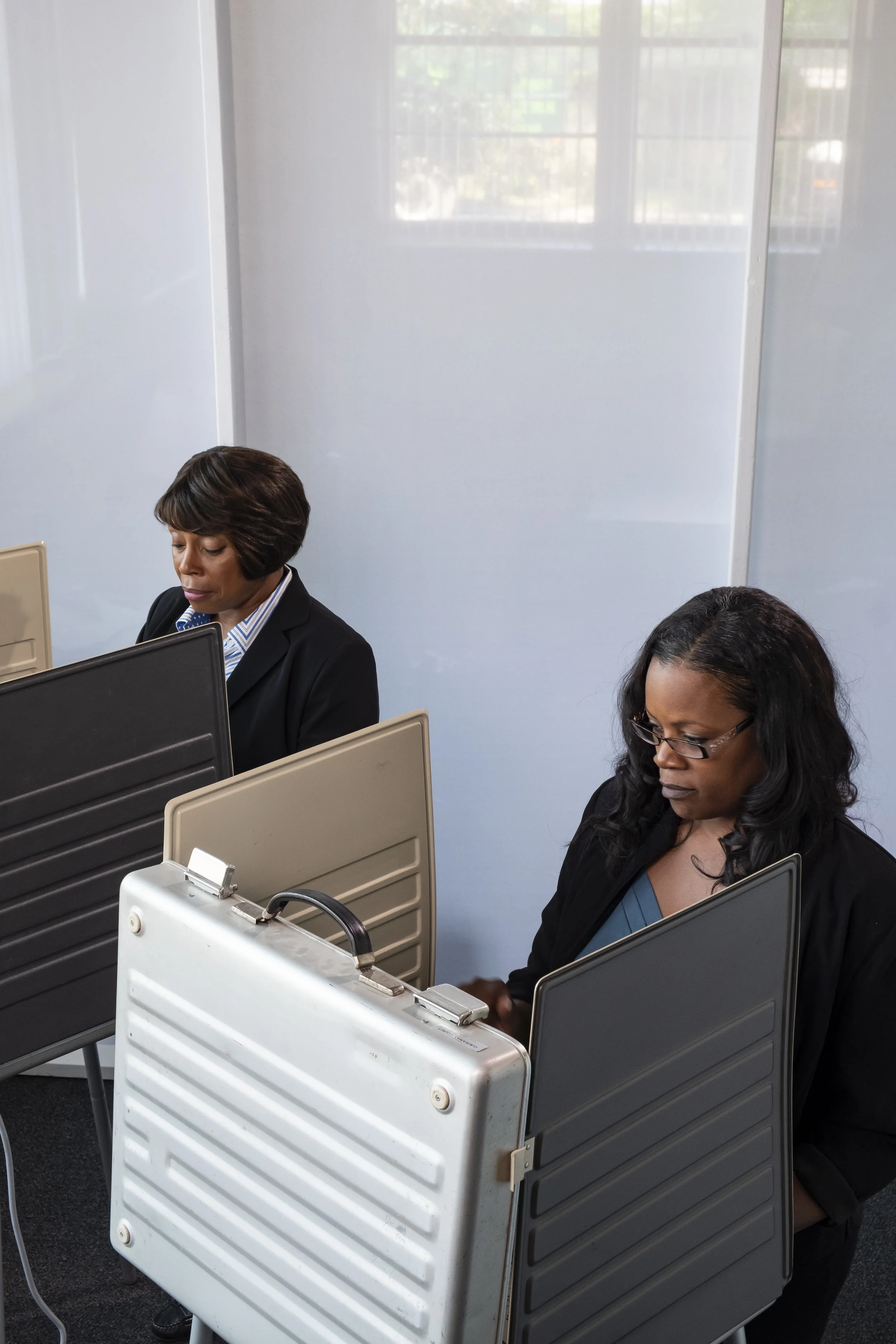Elaine Kamarck explained that in 2004, testifying to a Democratic commission formed to reform the nominating process, Ron Walters, a “veteran of Jesse Jackson’s two presidential campaigns,” described “how difficult it was for African American candidates” to “do well” in the “all-white states of Iowa and New Hampshire.” He said that if “Section 2 [of the Voting Rights Act] suggests that we shouldn’t dilute the voter of minorities,” then putting these two states up-front in the process has “the effect of diluting the black vote.” The reason is that the results in these two states matter more than the results that follow in later states, where the percentage of African-American votes is much higher. Page 79.
The winner-take-all system of allocating electors has the same effect. In states where African-American votes typically are cast for the losing presidential candidate, such as across the states in the former Confederacy, those votes are “diluted.” Indeed, they are systematically discarded.
The only two ways to make those votes matter equally to white votes are to have all states adopt a proportional system of allocating electors according to the popular vote in states OR to have some states allocated some electors to the national winner, thus forcing the candidates to seek a national win based on a one person-one vote principle in order to get enough electors to be president.
The former solution works only if all states adopt it. If all were willing to do that, they might as well simply amend the Constitution by calling for direct election of the president. (Americans have long favored that step, but professional politicians have stood in the way.) The latter works even if only a few states chose to allocate electors to the national winner. The way to avoid diluting any group’s votes – not just African-Americans, but any group’s votes – is for some states to allocate some electors to the national winner. There probably is a Voting Rights lawsuit to bring on this topic.

